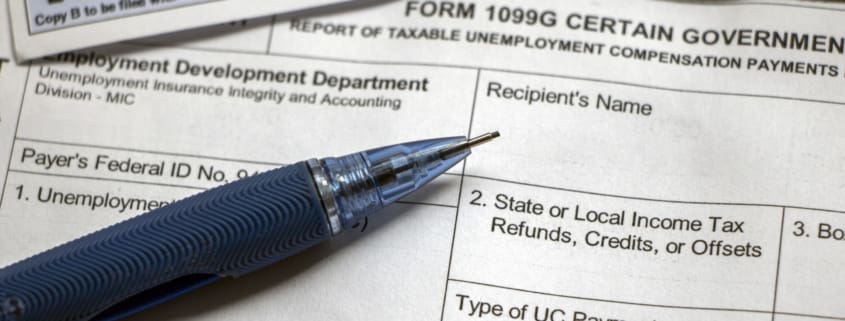What You Need to Know About the Moved IRS Deadline
IRS has extended the deadline for personal tax filings from April 15 to July 15. It has also extended the deadline for contributing to your 2019 IRA. So, if you have not contributed, you still have time.
Trying to decide whether or not to contribute to your IRA?
Consider how much of an impact the economic shutdown has already had on your finances.
If you are among those who lost their primary source of income—whether from a job or a business—this may not be the time. Instead, it’s time to focus your energy and your resources on taking care of yourself and your family. You need to bridge the gap until you know how you’ll stabilize your income and start to rebuild.
But if you still have financial stability, from a job or a business, think about maintaining the momentum of regularly contributing to your IRA. It’s a pillar of a secure retirement.
Here are some other steps you can take to make the most of this deadline extension:
- If you’re getting a refund, go ahead and file.
Even with the extra time, taxpayers should still be collecting paperwork and preparing to file their returns. Those who are expecting a refund probably should file as soon as possible, as the IRS is still processing returns and issuing checks.
If you are expecting a refund, you’re likely to get it faster if you file your return electronically and opt for direct deposit.
- If you expect to owe taxes, don’t put it all off.
For taxpayers who expect to owe, the extra time allows for more time to collect the necessary funds. But try not to put off tax-related things altogether — the best way to pay taxes at any time is in small increments over several months. Talk to your accountant about the possibility of setting up a payment plan to help you budget.
- Check when your state return is due, too
Depending on where you live, you might still have to pay taxes owed to your state by April 15, or a different listed date. For example, California has pushed its deadline to July 15. The American Institute of Certified Public Accountants is keeping a list of the deadline changes by state.
- Be patient with your tax preparer.
Tax preparers are dealing with the similar stresses many Americans are facing in light of the pandemic. Many are working from home, and now they’re also figuring out how these last-minute changes affect their clients and the mechanics of tax filing.
“Just be cognizant of using secure methods of providing personal documents to your tax pros. Most should have secure methods of receiving documents,” says Matt Keefer, a certified public accountant and director of tax services at accounting firm Gorfine Schiller Gardyn in Owings Mills, Maryland.
For more information about the details of this tax deadline, visit our blog.



